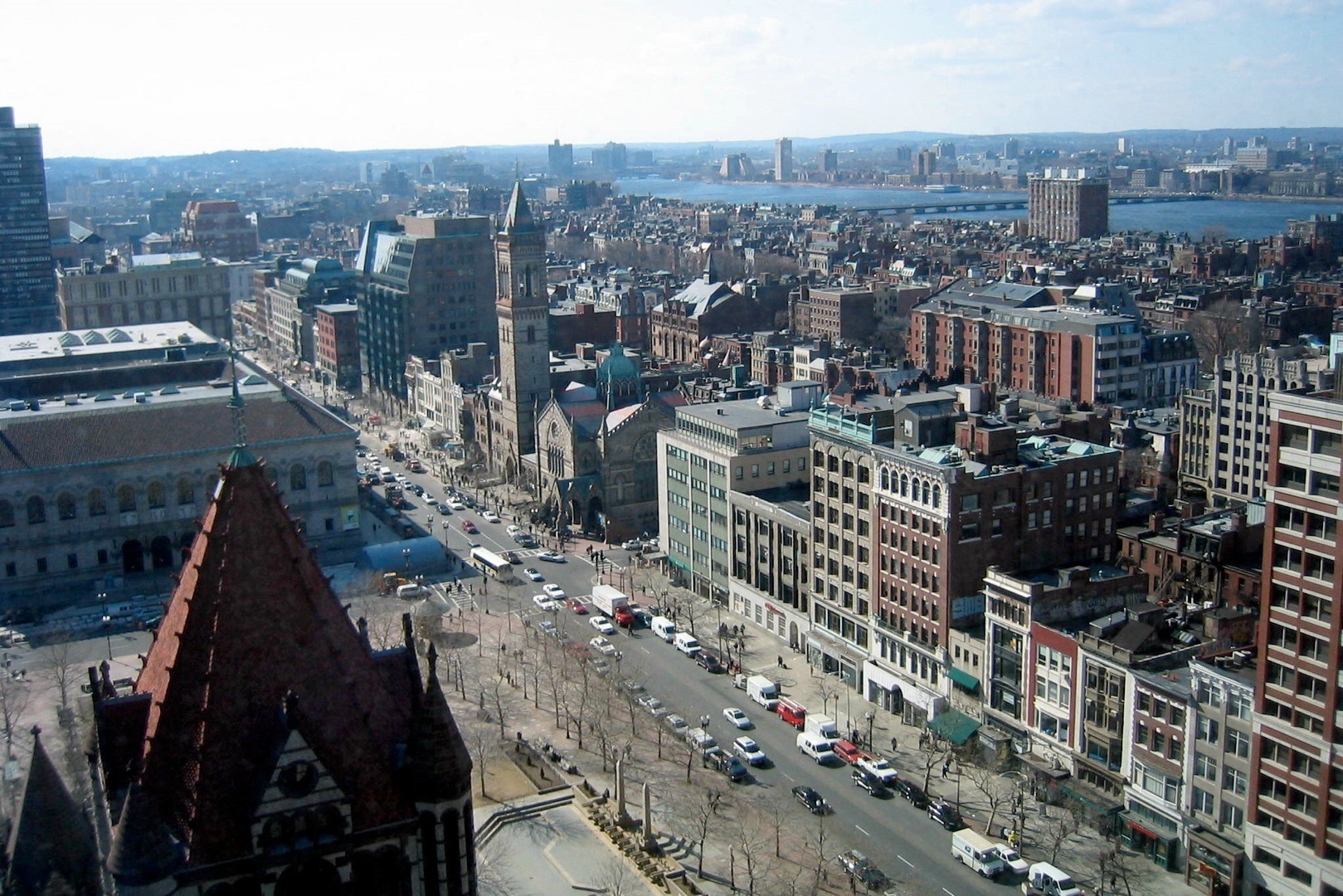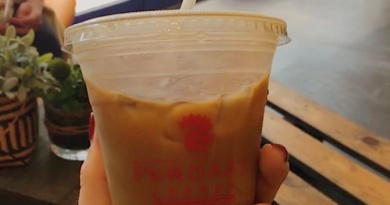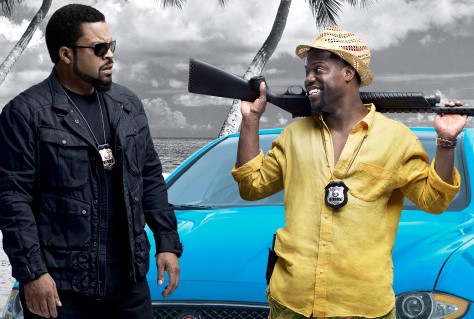Boylston Street to Boston bombing
Andan Bailey, his wife and his son flew out on the morning of April 15 to Huston, where they joined his daughter and spent the afternoon together before flying to Boston that evening.
The science teacher and his family were unprepared to witness the Boston marathon bombings that killed three people and injured over 140.
The bombs detonated shortly after his daughter finished the race. “We had selected a rendezvous point very near to where the bombs exploded. But because of our trouble getting back, our daughter had gone back to the hotel [located about one block from the bombs],” Bailey said.
His daughter called them as they were getting off the subway onto Boylston Street and told them where she was. They turned left onto Boylston to go around the corner to the hotel instead of right and went towards the finish line, very close to where the bombs were.
As they were walking a couple of hundred yards, they heard the first bomb go off. “It was very loud and we didn’t know what it was it sounded like a large truck or train running into something,” he said.
Shortly after, they heard the second explosion. “We kept walking and within another 20 to 30 yards we heard massive numbers of sirens and emergency vehicles,” Bailey said. “The response time of the [police and fire departments] was phenomenal.”
Bailey and his family continued to the corner about 30 yards and saw a huge crowd running toward them with expressions of fear and shock. “Many different people were saying things. Some made sense, others did not. I heard things like – terrorists blew up a building, a hotel blew up – among many other things that seemed to make little sense,” Bailey said.
In that moment, all Bailey could think of is that all these people were running directly away from where his daughter was when she called him before the explosions, and that something was very wrong. He had not yet wrapped his head around what was happening.
“As to the people at the finish line I only know what I saw on television,” Bailey said.
His son ran directly into the crowd to get his sister, which Bailey later said made him very proud.
Bailey and his family were instructed to go to their hotel, on the edge of the blocked off area about a block from the bombing. They flagged down a taxi, since the trains were closed. “We all felt great fear between the explosions and when we were reunited,” Bailey said.
Bailey says his daughter had ambivalent feelings, elated because she had finished the Boston Marathon, but simultaneously sickened for all the people who were hurt or killed and their loved ones.
Although Bailey had experienced tragedies in his life, “this one seems more real and at the same time surreal,” he said, because he was in such close proximity to the event.
“You can’t explain or understand crazy…just because you can predict an outcome doesn’t mean you understand it,” Bailey said. “When you try to rationalize or explain their actions you give them validation.”




